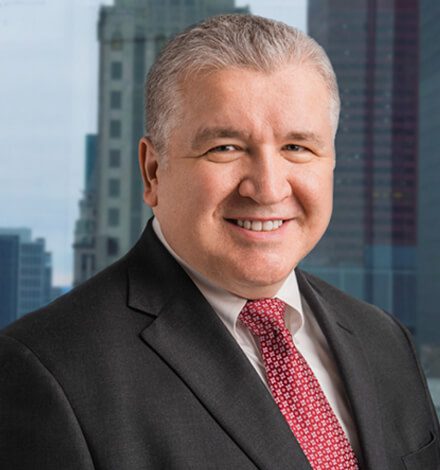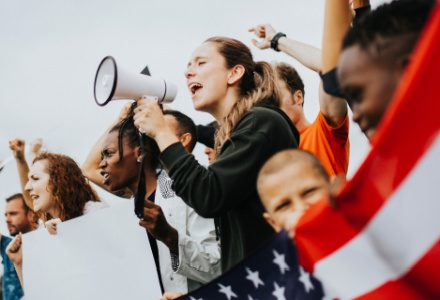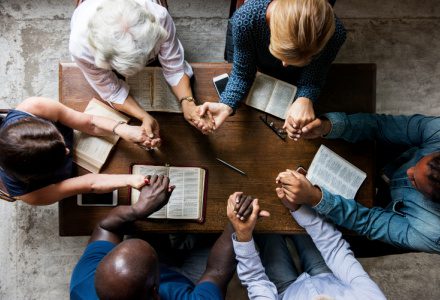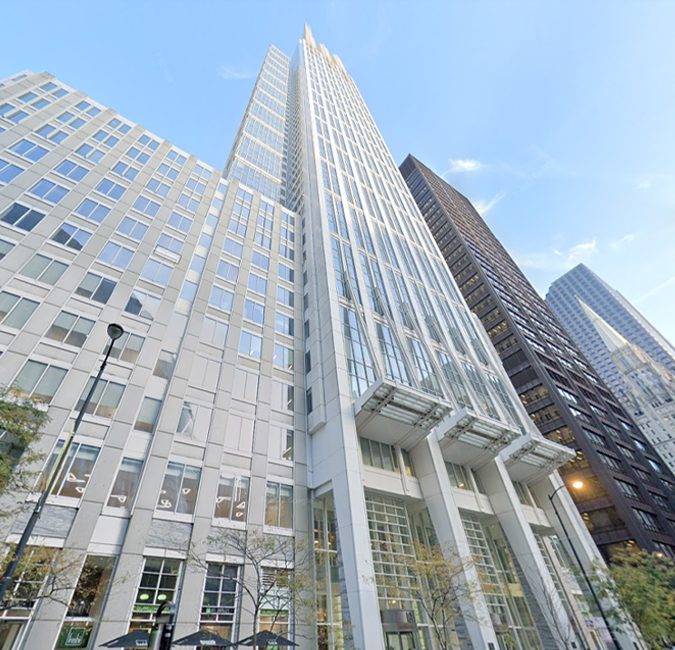Freedom of Speech is Now Attacked as Violence
It is commonly claimed that “hate speech” is not protected by the First Amendment. The quick answer is that there is no hate speech exception to the First Amendment. The phrase “hate speech” typically refers to opinions the listener has strong feelings against. If everything people thought was “hateful” was censored, freedom of speech would disappear. Even if a large majority agrees that certain viewpoints are “hateful,” that does not justify censoring those viewpoints. If a viewpoint held by a small fringe group is considered hateful, why should we care what those individuals believe? Those demanding censorship, however, typically do not trust people to reject what they, the censors, view as dangerous opinions. The best way to counter hateful ideas is with information and arguments that demonstrate why it is an idea that people should reject. It is unnecessary and undesirable to force everyone onto the same side of an issue. Doing so is certainly incompatible with self-government.
The efforts to support censorship by branding certain speech as hateful have not fared well in the courts. This has not stopped the demand for censorship. If anything, the calls for censorship are increasing. Indeed, activists are refusing to wait for government-imposed censorship and are taking matters directly into their own hands by preventing a wide range of speakers from presenting their views on university campuses and public squares. This new trend is being driven and justified by a new claim: certain types of speech represent actual violence. The claim that speech is violence is now frequently used to attack disfavored opinions on topics such as gender identity, abortion and critical race theory. It is not uncommon, for example, to hear someone claim that using an incorrect pronoun is violence against the supposedly misgendered individual. This new rhetoric has a number of harmful consequences. First, it is driving some people to engage in actual physical violence against people who say things with which they disagree. Second, it is commonly used to justify shouting down speakers with the “wrong” opinions. Third, it is seeping into speech codes and could have significant, chilling effects on speech.
For example, an adjunct professor at Hunter College in Manhattan recently claimed that students offering pro-life literature on a table was violence, verbally berated the students and then threw their literature to the ground. She would later put a large knife to the throat of a New York Post reporter when he tried to question her about the incident. The adjunct professor’s actions toward the pro-life students and their literature are, in fact, violence that she directed towards students who were expressing opinions on a controversial subject. Her violent actions were apparently politically motivated and constituted a direct attack on the constitutionally protected speech of the students handing out pro-life literature.
Riley Gaines is a biological woman who competed in NCAA swimming events, when she was in college. Gaines opposes the intrusion of biological males into women’s swimming events and private spaces such as locker rooms. In April 2023, she tried presenting her views at San Francisco State University, but her presentation was interrupted by loud demonstrators who marched around the room. Towards the end or her presentation, Gaines claims that a man in a women’s dress physically hit her at least two times. Gaines was then followed out of the room by an angry crowd of demonstrators, and security was unable to escort her out of the building. Instead, security had her stay in a locked room in the building for at least three hours with an angry crowd of students outside in the hallway. If the claim that speech itself is violence takes root, we can expect to see more instances like the attack on Riley Gaines.
The University of Colorado (Boulder) seems to have jumped into this quagmire. The University has a “Pride Office” which published on its website a “Guide” that states misgendering individuals can be considered violence. It is unclear if the “Guide” is an official policy statement by the University or if it is just the work of students who are affiliated with the “Pride Office.” The “Guide” is being published, however, on an official University website, which will certainly raise questions in the minds of many students as to the University’s policy on this issue. This type of ambiguity is incredibly harmful to freedom of speech. Students who do not agree with modern pronoun theory may feel pressured to follow the Guide, which is essentially calling for compelled speech. Compelled speech is particularly offensive because it is a direct intrusion on personal liberty and is designed to create the false appearance of unanimity with respect to the targeted issue.
The pressure placed on students and faculty by activists pushing compelled speech with respect to pronouns is not theoretical. One of the colleges at Oxford, for example, has introduced a new policy that could lead to the expulsion of students that misgender other students. Put differently, the college is forcing students to make statements with which they may disagree in order to push a political and cultural agenda. Forcing people to say what they do not believe is not convincing them of anything and will probably harden political divisions in the long run.
The “Guide” may also embolden students and faculty to harass or even assault students who do not believe that people can choose their own pronouns, or who do not believe that people can change their sex. This is particularly true when faculty, by their words and actions, are advancing the idea that speech you do not like is violence. While faculty members are entitled under the First Amendment to express their own opinions, they do not have the right to incite imminent and actual violence against others or engage in actual violence themselves.
Universities should respect the speech rights of all faculty and students on campus, just as local governments should protect the ability of people to speak freely and without fear of violence. Universities fail in their most basic mission if they fail to protect the speech rights of all students and faculty. While most people will not counter speech with violence, it is naive to think that repeatedly calling certain types of speech violence will have no impact on some of the people listening to those messages.
Unfortunately, it is apparent that many universities are no longer interested in protecting the free speech rights of their students and faculty. A public university’s ability to censor directly disfavored viewpoints is significantly limited by the First Amendment. A university, however, can effectively support censorship by ignoring threats, intimidation and violence directed at students and faculty members who express disfavored viewpoints. At some point, inaction by a university looks indistinguishable from active support of censorship.
For example, if a university has a code of conduct, is the university enforcing that code of conduct against students or faculty that attack or harass students for their political or cultural viewpoints? Shouting down speakers and violence against students and faculty for their opinions violates basic rules of conduct that are neutral with respect to political viewpoint. It should raise red flags if a university refuses to enforce such basic rules, or enforces those rules in a discriminatory manner. At a minimum, it shows a disregard for First Amendment values, but more likely shows that the university administrators support the actions taken against students and faculty holding disfavored viewpoints.
Shouting down speakers at campus events and even attacks on students who express disfavored viewpoints has become all too common on university campuses. Many universities appear to be implicated in this rapid rise of intolerance and harassment. In March 2023, for example, a group of law students at Stanford Law School shouted down a federal appellate judge who was giving a presentation at the law school. The actions by the law students showed an utter disregard for freedom of speech and basic civility. But the law students did not act alone. An Associate Dean for Diversity, Equity and Inclusion witnessed the actions by the students but did nothing to stop the heckling. Instead, the Associate Dean chose to join the students and lectured the judge about how he was to blame for the students’ misconduct. The Associate Dean appeared to have prepared her comments in advance, making the whole incident look like a coordinated effort by activist students and the Associate Dean. While the Dean of the law school issued an apology to the judge, it does not appear that any disciplinary actions were taken against the law students that prevented the judge from speaking.
There is no single or easy solution to what is happening in America’s universities. Congress, however, could take action to protect free speech on American university campuses. The federal government provides significant funding to American universities and should use the power of the purse to prevent the blatant violations of First Amendment rights that we continue to see. Litigation may also be an option, and courts will have to grapple with when a university is responsible for the harassment of persons expressing dissenting views on campus, or when universities are required to protect freedom of speech on their campus.
Free speech plays a vital role in shaping the minds of future leaders and fostering an inclusive environment where ideas can be freely exchanged. Unfortunately, in recent times, we have witnessed instances where free speech has been stifled or censored on college campuses. As a trusted Chicago civil rights law firm, we are passionate about ensuring that students’ First Amendment rights are upheld and respected. If you have experienced a violation of your First Amendment right to free speech, contact The Law Offices of George M. Sanders today.
Previous Post
Censorship, Deception, Boycotts and The University of Texas
“What a tangled web we weave when at first we start to deceive.” While Sir Walter Scott was not discussing censorship when he penned...
NEXT Post
Ohio School District Sued Over A Pronoun Policy and Other Speech Restraints: Parents Defending Education v. Olentangy Local School District Board of Education, et al., Case No. 2:23-cv-01595
Governments often try to justify censorship as an effort to stop speech that the government claims is harmful, misleading or somehow improper. A common...







